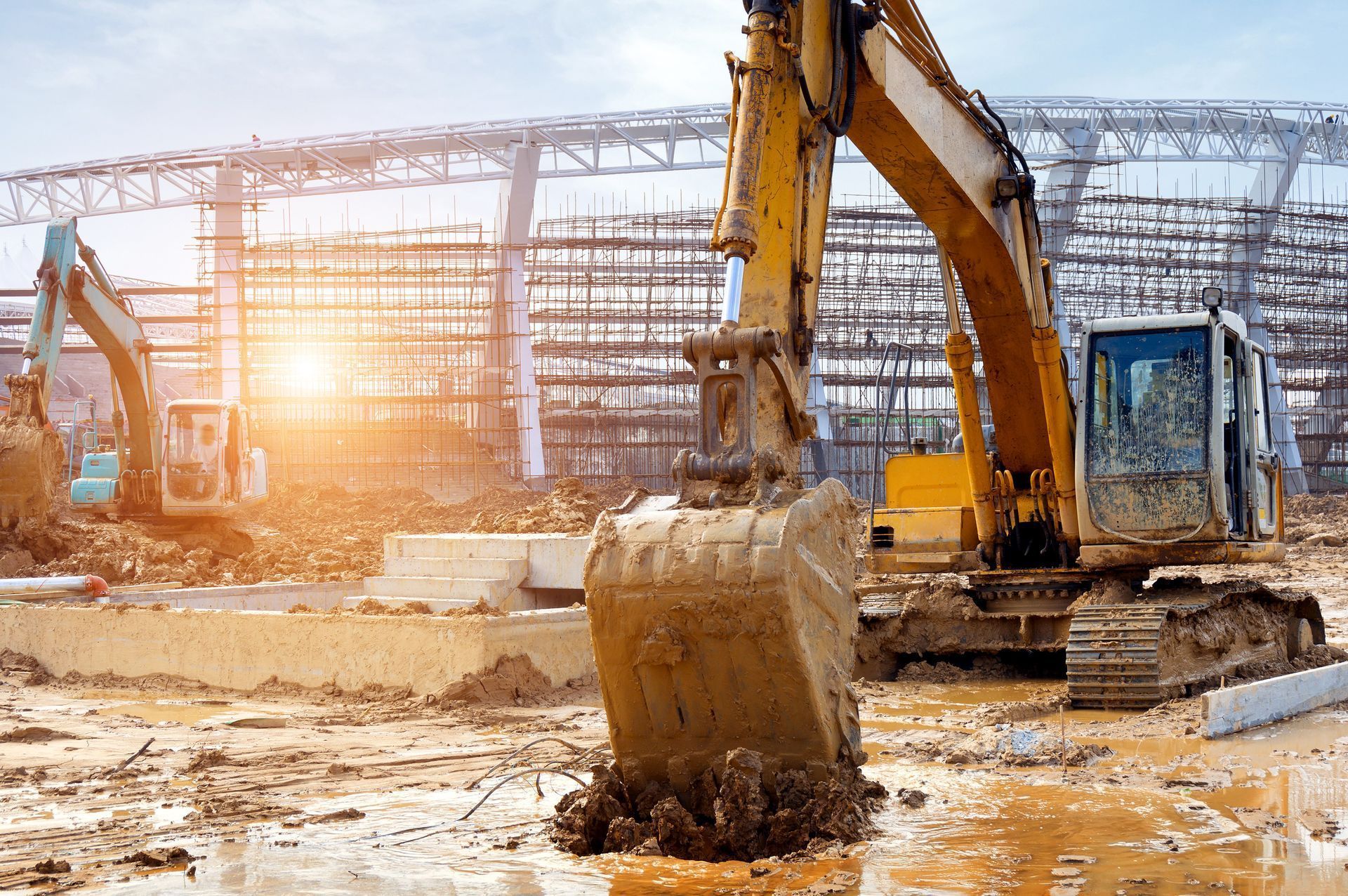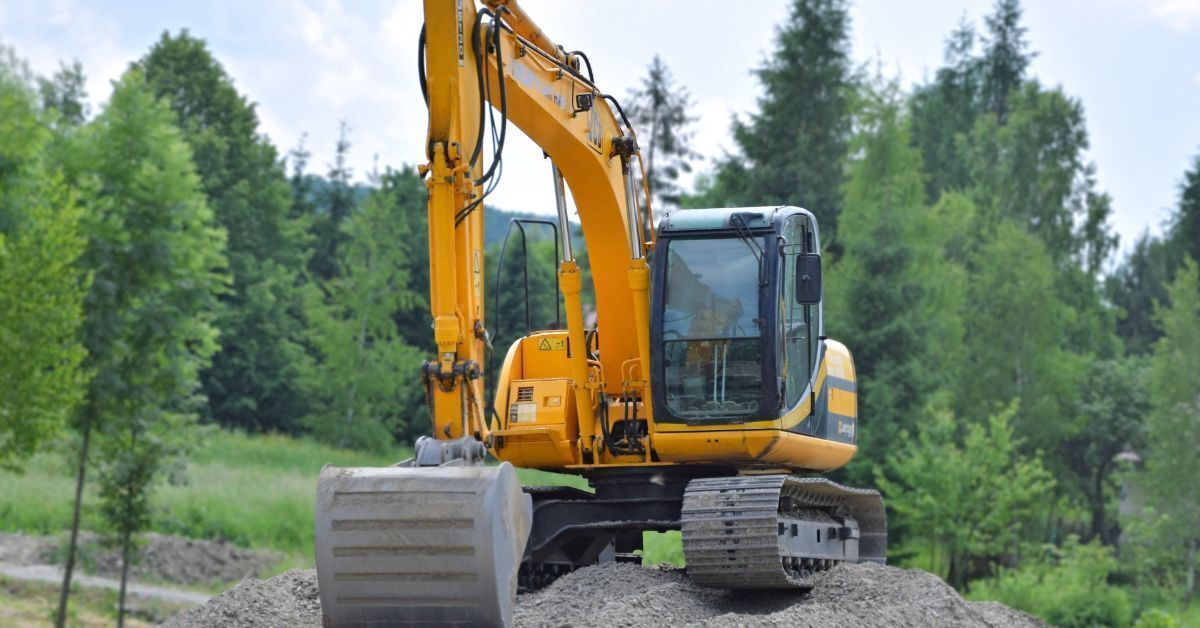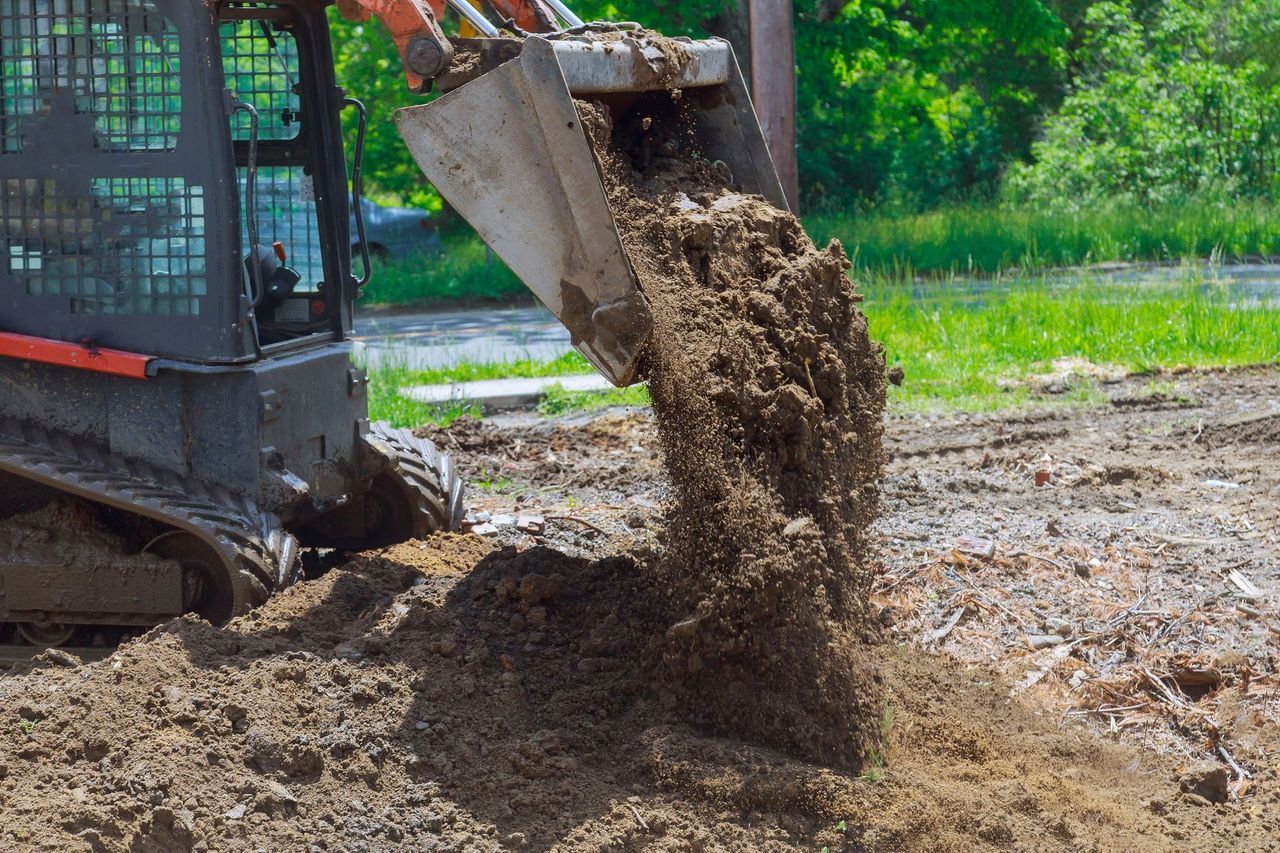Making Sense of Commercial Land Development Zoning Requirements
With commercial land development, a variety of zoning codes and regulations must be taken into account. It is crucial for potential developers to familiarize themselves with the particular regulations that apply in their location, as there may be considerable discrepancies between jurisdictions. By taking the time to familiarize oneself with the existing zoning requirements, developers can ensure that their plans are formulated to adhere to the necessary regulations, avoiding any complications or financial losses. Ultimately, knowing the zoning regulations upfront helps to streamline the process and avoid any setbacks.
Different Types of Zoning
When it comes to commercial land development, the main goal is often to maximize potential revenue from the property. Accordingly, local governments set certain guidelines for permissible uses and activities on a piece of land. There are typically four different types of zoning that can come into effect when it comes to commercial properties: residential, commercial, industrial, and mixed-use.
- Residential zones: These zoning districts are designed to control the type of development that occurs within an area. Zoning typically restricts the uses of land to residential buildings, such as apartments and single-family dwellings. It also dictates the scale and intensity of land use, such as the maximum number of stories and types and number of dwellings that can be built in a district. Zoning regulations are used to ensure neighborhoods remain stable, protect property values, provide open space, and promote safety.
- Commercial zones: Commercial zones are developed with the intention of providing a convenient collective space for service-based businesses that are essential to everyday life. These zones generally provide a location where residents can find retail stores, banks, medical offices, and other businesses that provide goods and services to consumers. These commercial zones are important to consumer communities because they provide easy access to the resources a consumer may need without having to travel far. Additionally, they often serve as a hub of economic activity, creating new job opportunities and contributing back to the local economy.
- Industrial zones: These zones are intended for use by businesses and organizations that produce goods and services through manufacturing, warehousing, and other commercial activities. The purpose of these areas is to provide a space for companies to operate without hindrance from local taxes, regulations, and other governmental restrictions. Companies located in these designated zones can benefit from certain incentives, such as reduced tax rates, streamlined bureaucratic procedures, and relaxed labor requirements. Furthermore, they can enjoy improved infrastructure, access to utility services, and a supportive business environment designed to foster economic growth. Along with hosting foreign investors, these areas can act as economic development centers for their local communities.
- Mixed-use zones:
Mixed-use zones are designated areas that provide a combination of residential dwellings, commercial/retail buildings, and other uses within a single development located in close proximity to each other. In many cases, the development of mixed-use zones focuses on creating a balance between essential services and various types of housing while promoting the interconnectedness of physical and social elements to create vibrant and diverse communities. These zones often provide a variety of local amenities and recreation activities that can help shape a healthy and attractive urban landscape. Mixed-use zones are also beneficial from an environmental perspective, as they can reduce car trips by making it easier for people to access broader urban areas and reduce environmental impacts associated with single-use development.
Common Rules & Regulations
Once a prospective developer is aware of the specific zoning for their piece of property, there are certain regulations and requirements that apply.
- Density: Density requirements refer to the total number of units that can be legally constructed on the property.
- Height: Height restrictions pertain to the maximum allowable height for the structures.
- Use: Local zoning codes typically dictate the types of activities allowed on the property, such as residential units, businesses, and so on.
- Parking: Many jurisdictions also have parking requirements, such as a minimum number of parking spots that must be allotted for each unit of the development.
- Setbacks: Setbacks refer to the minimum distance between the edge of the property and the nearest structures.
- Landscaping:
Additionally, some local regulations require a certain amount of landscaping and green space to be included in the plans, in order to better integrate the development into the surrounding community.
Conclusion
Zoning regulations are an important consideration for anyone planning to develop a commercial property or make any other kind of land use changes. The regulations can differ significantly depending on the jurisdiction in which a project is proposed, so prospective developers should do their homework and become familiar with the specific rules that will apply to their particular site before moving forward. Having a comprehensive understanding of the zoning regulations in place is essential to the successful completion of any land development projects; by doing their due diligence, developers can make sure their plans comply with all relevant requirements and avoid problems down the road.












